Acceptance and commitment therapy, also known as ACT therapy, is a counselling approach that’s currently growing in its application to therapy sessions. In particular, ACT therapy has grown in usage for individuals who feel they are ready to take actions that align with their personal goals.

Using a combination of mindfulness and cognitive behavioural techniques, ACT therapy can help people who are navigating through their anxiety, depression, and trauma to create a more meaningful, fulfilling life.
What is Acceptance and Commitment Therapy?
Acceptance and commitment therapy is a technique that relies on mindfulness as the main means of acknowledging and accepting emotions without prior or current judgment. It’s a way for individuals to accept their thoughts and feelings as they are occurring in the present moment.
One of the key aspects that makes ACT therapy stand out is its flexibility within psychotherapy. This is why it’s becoming more widely used as a therapeutic technique, whether on its own or as complementary to other evidence-based techniques such as cognitive behavioural therapy.
Another aspect worth mentioning is that acceptance is not the main goal of ACT therapy; rather, the acceptance part is a method intended to encourage action, which will lead to the desired positive changes and results.
How Does ACT Therapy Work?
Acceptance and commitment therapy is based on the following six principles, which are interconnected and are crucial to individuals wanting to see the encouraging and positive personal results they seek from their therapy:
- Acceptance. Rather than attempting to evade, deny, or change your negative thoughts and emotions, acceptance involves taking all of these into consideration and embracing the entirety of your emotions.
- Defusion. Whenever distracting yourself from uncomfortable thoughts and feelings, or adjusting how you respond to these, is called cognitive defusion. It works when you actively receive an idea or thought without judgment or prejudice, articulating this idea or thought, and identifying the automatic reaction that typically takes place. What this does is allow you to perceive this thought for what it is, without the additional weight that is given to it by your mind.
- The Present Moment. This is the practice of being present and aware of what is happening in the present moment, without trying to change, judge, or predict what comes next in the experience.
- Self as Context. This refers to an alternative concept, in that the individual is a self that’s outside of the current experience. The idea is that the individual in question is not the sum of their thoughts, experiences, or emotions.
- Values. Our values direct the steps we take whether they are conscious or unconscious. ACT therapy focuses on using the tools to help us live our lives according to such values that we hold dear.
- Committed Action. Positive changes and results will not occur without our being aware of how our behaviours affect us. This committed action will assist in meeting the long-term goals and aid in living a life that’s consistent with the aforementioned values.
ACT therapy begins first and foremost by building rapport between yourself and your therapist. This is the first major step in seeing success in ACT therapy sessions.
What’s worth mentioning is that practicing ACT therapy and staying aware of these principles can take place anytime and anywhere. Mindful actions such as grounding yourself and paying attention to what’s happening in the present moment can make a huge difference in the way you respond and react.
Who is this Therapy Approach for?
If you are undergoing therapy and are lacking that feeling of success in reaching your personal goals, ACT therapy can be a refreshing change of pace that may help. Its integration of both mindfulness and acceptance may be the key thing missing from your current therapy sessions.
You are welcome to combine ACT therapy with another one of our current therapeutic approaches, including general addiction counselling. However, there may be other approaches that better align with your personal goals and mental health needs, such as AEDP. We can help you determine which therapy technique may work best for you.
Those who are faced with the following obstacles or issues in their daily lives may benefit from their therapist incorporating acceptance and commitment therapy into their sessions: anxiety disorders, chronic stress and stress disorders, depression and depressive disorders, obsessive-compulsive disorder, eating disorders, chronic pain issues, grief, general addictions, and substance use disorders.
ACT therapy is available for all clients at Expressions Counselling, regardless of their race, gender, background, and upbringing. If you are interested in incorporating this therapy into your current sessions, we encourage you to connect with us today.











